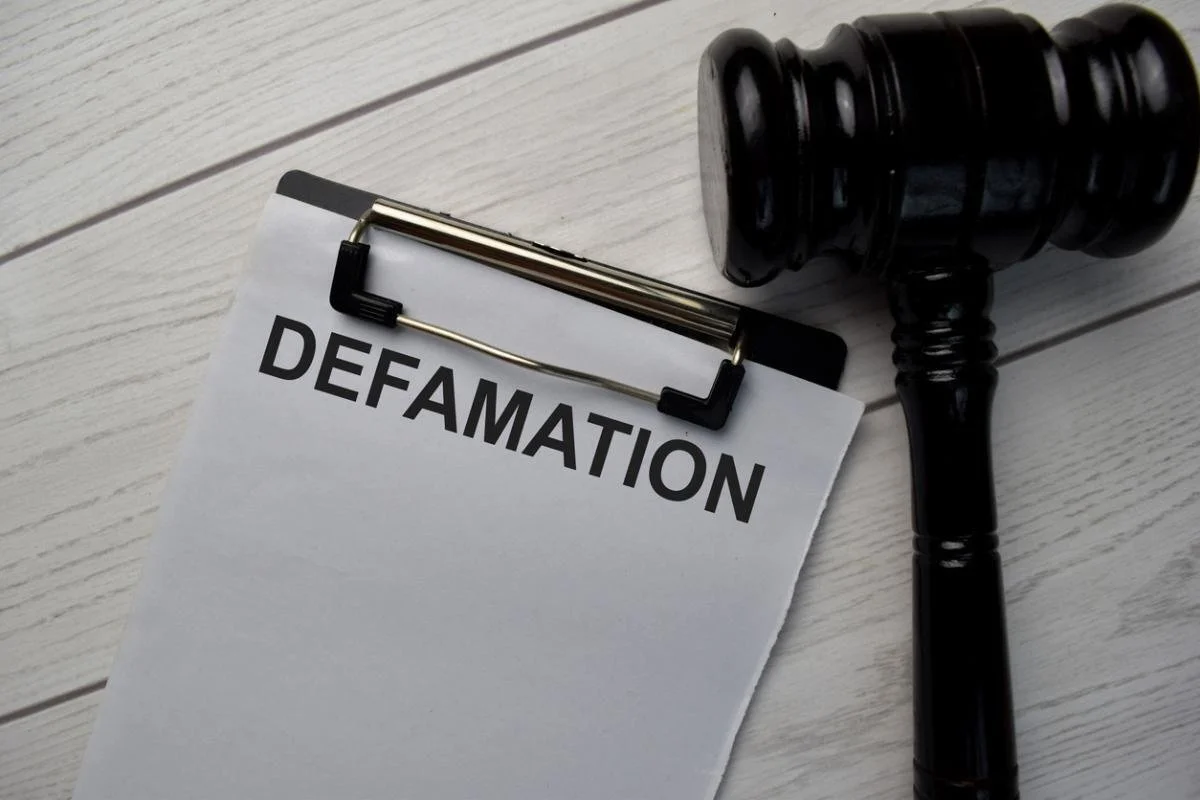California HUB Employee Sues for Discrimination Amidst Covid-19 Lockdown
/Drisana Wallace is a former insurance account executive for HUB International Insurance Services Inc.. HUB International Insurance Services Inc. employs more than 10,000 employees in over 375 offices across the nation and into Canada. Wallace was employed at one of HUB’s California locations. Wallace filed a lawsuit after she was allegedly fired from her job in retaliation after she complained about her supervisor’s discriminatory behavior regarding her working from home to care for her two children during the Covid-19 pandemic.
Former Insurance Account Executive Files a Discrimination Lawsuit:
Wallace filed suit in the Superior Court of California in San Diego, California. The lawsuit alleges discrimination, retaliaiton, gender harassment, and wrongful termination. Wallace listed HUB International Insurance Services Inc. as the Defendant in the case. Wallace seeks damages from lost earnings and benefits plus emotional distress and loss of reputation.
The Plaintiff’s History with the Company:
Wallace worked at the San Diego HUB office from August 2019 through June 2020. She alleges that her supervisor (and executive vice president), Daniel Kabban, had a problem with her working from home and caring for her two children during the Covid-19 lockdown. Wallace was terminated after she complained about the discriminatory behavior she was experiencing from her supervisor.
Altered Work Circumstances In the Wake of the Covid-19 Pandemic Lockdown:
When the lockdown went into effect due to the Covid-19 pandemic, Wallace was unable to arrange childcare for her two children (aged 4 and 1 year old) due to the scarcity of available daycare and babysitting services during the lockdown. While Wallace was able to perform her job duties, it did take a toll on her children (one of whom was nursing at the time). While the plaintiff was working, her children were in front of the tv, which made Wallace feel guilty. She stopped working during her regular lunch break to feed her children and put her younger child down for a nap, and then returned to work. On most days, she didn’t have enough time to actually eat lunch - and was drinking coffee to get through the days. Wallace also frequently worked at night while her children were sleeping. Wallace felt that she and her children sacrificed to make it possible for her to keep her commitments to her employer. Wallace eventually contacted human resources to request help and was told HUB managers were expected to be flexible.
After Complaining to Human Resources, Plaintiff Got an Unexpected Result:
The response received from human resources left Wallace under the impression that HUB would support her during the lockdown. However, Wallace’s supervisor, Kabban, seemed to be biased against mothers and began a litany of sexist statements, and insisting that she keep her children silent during phone calls, which was difficult since the phone calls occurred while the children were awake since Kabban consistently scheduled calls during lunch times when Wallace was feeding her children, nursing the baby and trying to make naptime happen. Kabban also increased the amount of rush tasks with immediate turnarounds he expected from Wallace, questioned her availability, and offered fathers working from home much better treatment. After contacting the human resources department again to advise them of the continuing bias and sexism, Wallace was advised she was terminated due to reduced revenue during the Covid-19 pandemic.
If you need to discuss employment law violations in the workplace or file a wrongful termination lawsuit, please get in touch with Blumenthal Nordrehaug Bhowmik DeBlouw LLP. Experienced employment law attorneys are ready to assist you in any one of various law firm offices located in San Diego, San Francisco, Sacramento, Los Angeles, Riverside, and Chicago.










